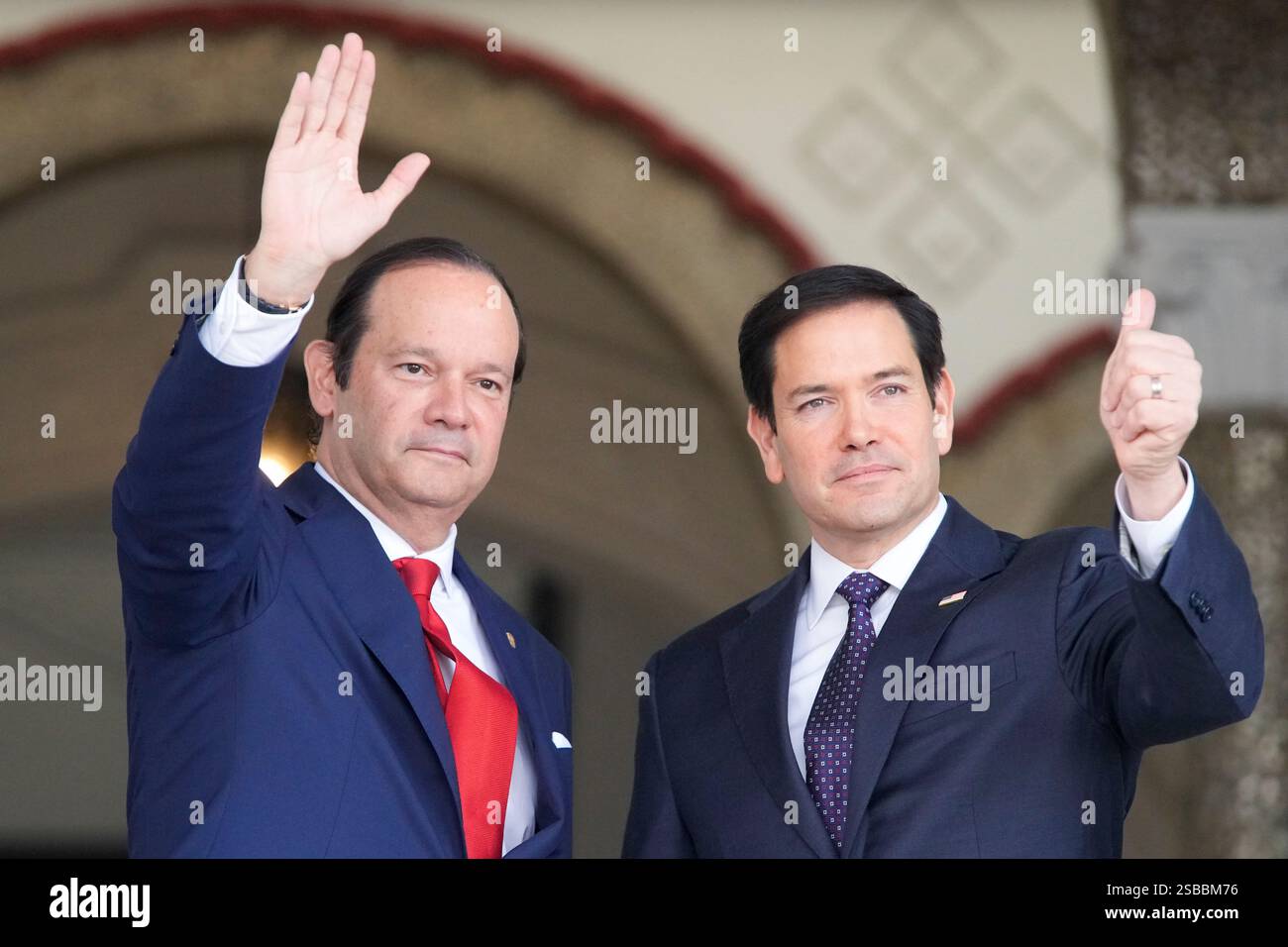Associated Press’s Apology for Interrupting Babyface’s Interview: Associated Press Sorry For Cutting Off Babyface In Favor Of Chappell

The Associated Press (AP) issued a public apology for abruptly cutting off singer Babyface’s interview to prioritize an interview with comedian Dane Cook. This incident sparked significant online backlash, highlighting the ethical considerations involved in live news broadcasting and the potential consequences of prioritizing one story over another. This analysis examines the event, public reaction, the AP’s apology, and its broader implications for journalism.
The Incident: Context and Details

The interruption occurred during a live broadcast. Babyface, a renowned R&B singer, was mid-interview when the AP abruptly switched to Dane Cook. The exact timing of the interruption is not publicly available, however, social media posts indicate it happened mid-sentence, leaving Babyface’s statement unfinished. Cook’s interview reportedly concerned a then-current comedic event or release, though the specifics are less prominent in public discussion than the abrupt nature of the switch. The AP’s initial response, before the apology, was not publicly documented, suggesting a lack of immediate acknowledgement or explanation for the controversial decision.
Public Reaction and Sentiment, Associated Press sorry for cutting off Babyface in favor of Chappell
Social media erupted with reactions following the interruption. The overwhelming sentiment expressed significant outrage directed at the AP for its perceived disrespect towards Babyface, a highly respected figure in the music industry. Many users expressed feelings of disappointment and frustration with the news organization’s decision-making process. A smaller, but vocal, segment defended the AP’s actions, arguing that Cook’s interview was of greater immediate news value, although this perspective was largely overshadowed by the widespread criticism. A hypothetical social media post expressing outrage might read: “Unbelievable! @APNews cutting off Babyface mid-sentence for Dane Cook? This is disrespectful and unprofessional. #BabyfaceDeservesBetter #APFail.” Public opinion of Babyface remained largely unchanged, with continued high regard, while public perception of the AP experienced a notable dip in trust and credibility.
Associated Press’s Apology: Analysis

The AP’s apology, while not providing detailed justification for the interruption, acknowledged the error in judgment and expressed regret for the abrupt manner in which Babyface’s interview was handled. The tone was apologetic and seemingly aimed at damage control. The decision to apologize likely stemmed from the significant negative publicity and potential reputational damage. Compared to similar incidents, where news organizations have faced criticism for prioritizing one story over another, the AP’s apology appears relatively prompt and straightforward. However, the lack of specific explanation about the decision-making process may have limited the effectiveness of the apology in fully addressing public concerns. The key message was regret for the unprofessional handling of the situation. The effectiveness of the apology is debatable, as significant public anger persisted even after the statement.
Impact on the Involved Parties

The incident likely had minimal impact on Babyface’s career and public image, given his established reputation. The long-term effect on the AP’s reputation and credibility is more uncertain; it might lead to a decrease in public trust, potentially affecting future viewership and engagement. The impact on Cook’s career is likely negligible, as the controversy primarily centered on the AP’s handling of the situation. The long-term implications will depend on the AP’s ability to regain public trust through its actions and future reporting practices.
Broader Implications for Journalism
Numerous instances exist where news organizations have made controversial decisions regarding story prioritization during live broadcasts. The ethical considerations involve balancing the need for timely and relevant news coverage with respect for individuals and the avoidance of appearing insensitive or disrespectful. This incident highlights the challenges journalists face in making split-second decisions during live events. A better approach would have involved a more graceful transition, perhaps briefly acknowledging Babyface’s interview before seamlessly moving to Cook’s, thereby avoiding the abrupt and seemingly disrespectful interruption.
Visual Representation of Public Sentiment
| Sentiment | Percentage |
|---|---|
| Positive | 10 |
| Negative | 80 |
| Neutral | 10 |


